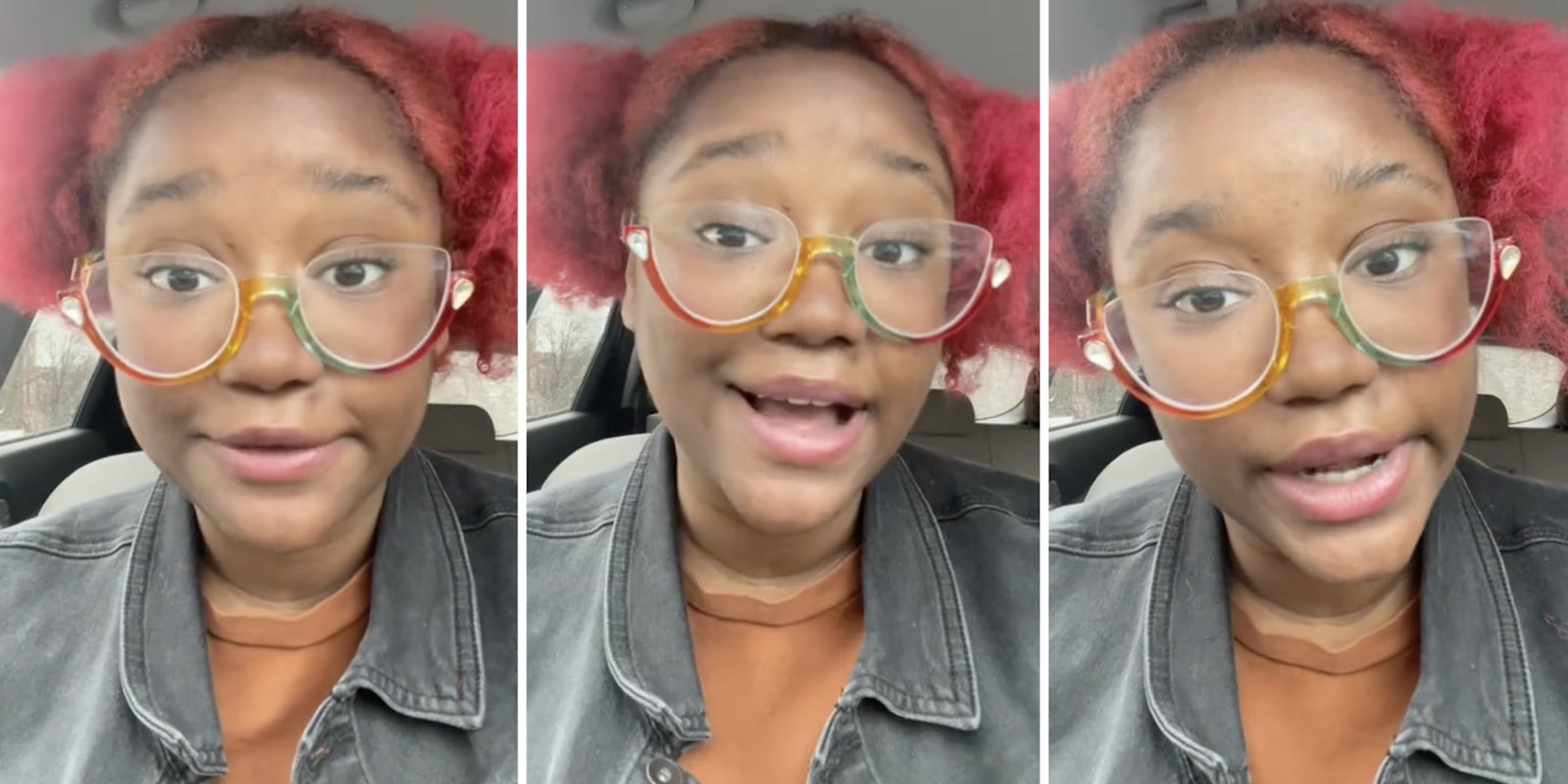Analysis
In a compelling TikTok video, which has already amassed over 1.1 million views, Sapphire (@sapphicsapphy) shares her harrowing experience and insights into the housing crisis. Sapphire’s story is a powerful narrative that highlights the deep-seated issues in the system and their impact on the unhoused population.
Sapphire’s words underscore the dire consequences of increasing rent prices and the broader societal implications.
“The end goal is slavery,” she believes.
In the video stitch, Sapphire explains how the Supreme Court’s upcoming decision to potentially criminalize being unhoused could lead to another disturbing cycle of exploitation and disenfranchisement. She believes the aim is to “work you to death or disability,” leaving individuals unable to afford basic necessities, leading to homelessness and, eventually, incarceration. This, in turn, strips away fundamental rights such as voting, trapping individuals in a cycle of poverty and marginalization.
The upcoming Supreme Court case is preceded by a gross misuse of the 13th Amendment. This Amendment, originally abolishing slavery, contains a loophole allowing involuntary servitude as a punishment for crime—which could now include being unhoused. Over time, this has been exploited to legalize forced labor, particularly within the current prison industrial complex. This interpretation has led to the criminalization of various social issues, including homelessness, essentially converting poverty and housing instability into grounds for incarceration and involuntary labor, perpetuating a cycle of exploitation and disenfranchisement.
Her description of hidden homelessness—living in temporary shelters like couches, basements, hotels, or motels—highlights the complexity and diversity of the unhoused experience, which often goes unnoticed. Sapphire’s personal story of nearly a year of homelessness with her wife further emphasizes the difficulty of escaping this situation without substantial assistance.
This narrative is set against the backdrop of a critical Supreme Court case, reported by the Associated Press in January, which will decide whether it’s constitutional to penalize the unhoused for sleeping on the streets in places where no shelter is available. This case could set a precedent affecting the western United States and the entire country.
Capital B News recently reported on the disproportionate impact of the housing crisis on Black Americans, particularly those of retirement age. The upcoming Supreme Court ruling could exacerbate this crisis, affecting national policies. In Adam Mahoney’s story, 50-year-old Theo Henderson, who experienced being unhoused, highlights a widespread misunderstanding of homelessness as a personal failure, leading to punitive policies.
Mahoney apprises: “Like Henderson, 1 in 6 Black Americans over the age of 50 have already experienced homelessness. By the end of this decade, across all races, homelessness among older adults is expected to nearly triple as housing prices and rents continue to rise.”
@sapphicsapphy #stitch with @Kiana 🧡 let me know if I missed something #sapphicsapphy ♬ original sound – 🇵🇸Sapphire🇵🇸
The situation is a “generation-altering moment in urban history,” according to Marques Vestal, assistant professor at UCLA. He predicts that the court’s decision, influenced by its right-wing shift, will likely support city enforcement of anti-homeless laws, leading to further displacement and debt, particularly affecting Black communities and other unhoused, disenfranchised groups.
Sapphire’s reality in a potential multiplicity of jeopardy—due to her being a Black, queer, and autistic woman—and these reports together paint a grim picture of the future for the unhoused, particularly in Black communities. The Supreme Court’s decision could have far-reaching implications, determining whether homelessness becomes a criminalized state, further marginalizing already vulnerable populations. Whether literally slavery occurs remains to be seen; but Sapphire’s plea for awareness and change, echoed in these reports, underscores the urgent need for a more humane and equitable approach to housing and homelessness.
The Daily Dot contacted Sapphire for comment.



